
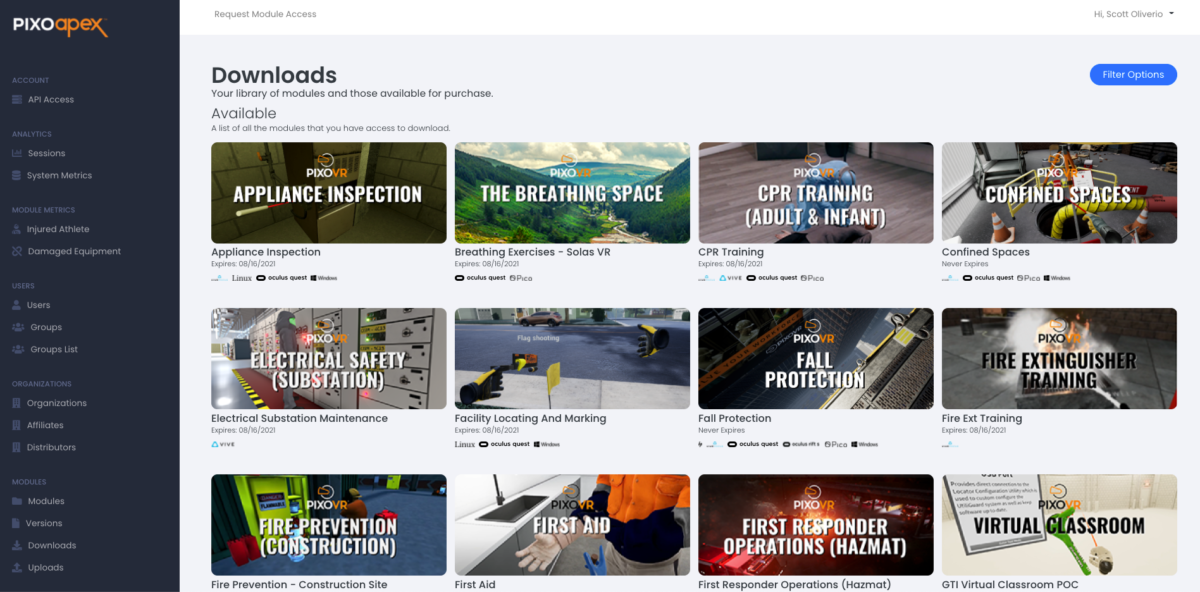
Browse and select the best VR training content for your employees.
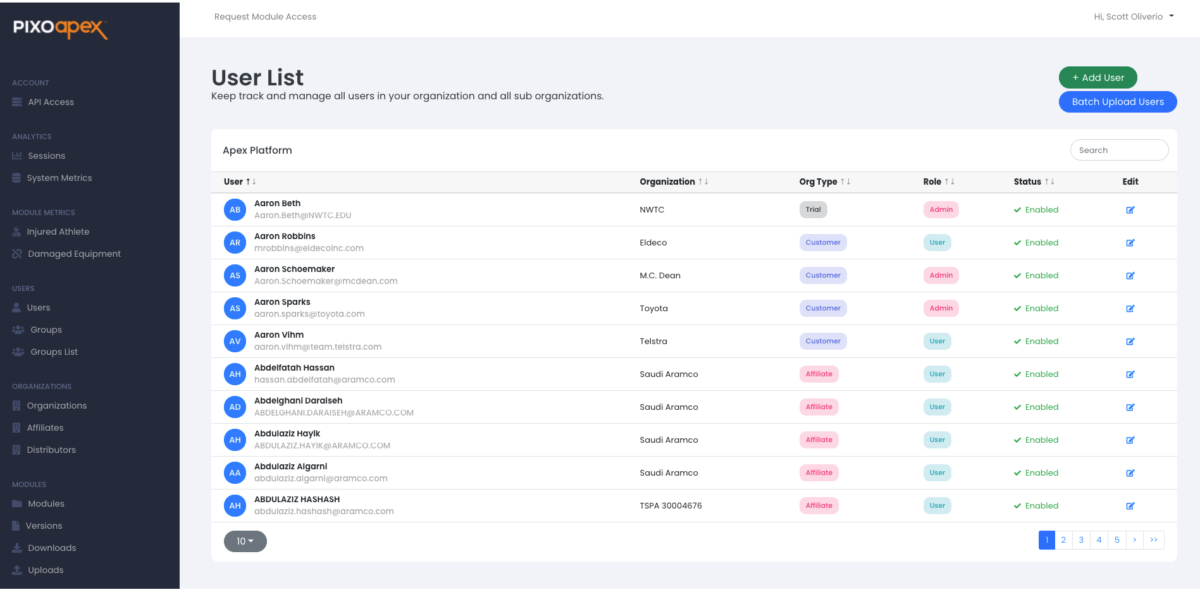
Manage content permissions to specific orgs, groups, and users.

Wirelessly send VR training content to any headset in the world.
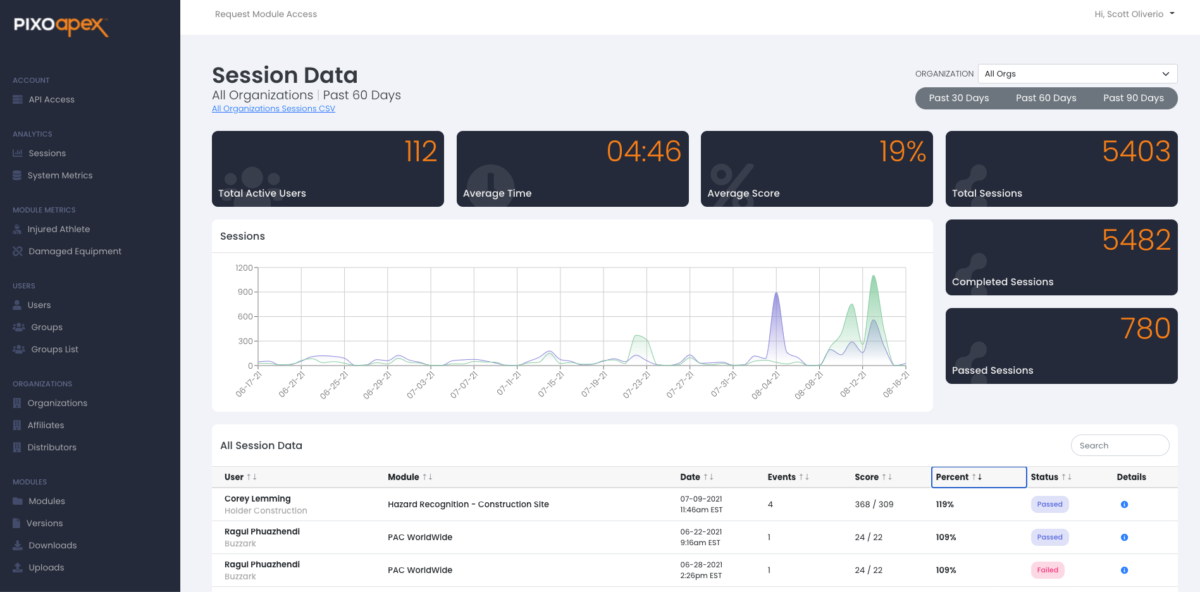
Track progress of training including status, completion and scoring.
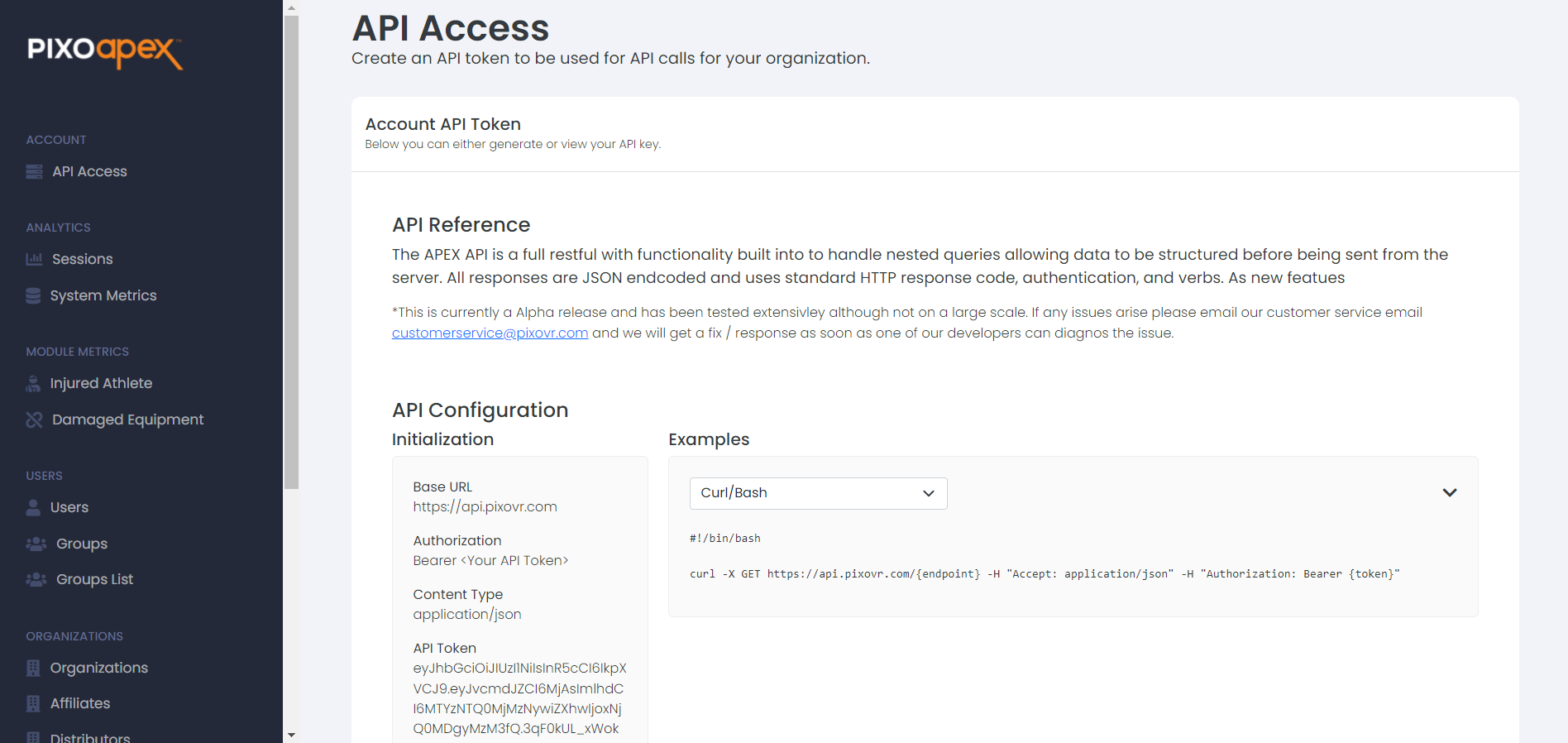
Integrate data with Learning Management Systems with our API.
PIXO VR is an enterprise-compliant virtual reality training platform that delivers both standard and customized learning experiences. PIXO provides a marketplace of standard skills VR content across many industries like Outside Meter Inspection, Pipeline Patrolling, and Scaffolding. It also has standard safety offerings like Fall Protection, Lockout / Tagout, and Hazard Recognition. PIXO and its VR partners create virtual reality simulations that engage your trainees, while making it feel like a real-life experience—which is a powerful teaching environment.
PIXO can also help companies who have very specific equipment or unique procedures, modify standard training or create fully custom virtual reality content appropriate for their requirements. When it comes to safety training, most companies begin with standard training and request modifications as needed for specific equipment. Enterprises request VR development when they have proprietary procedures or equipment that requires a unique learning environment. Use cases range from a unique manufacturing operation to fast-food productivity for teaching specific machines or kitchen processes.
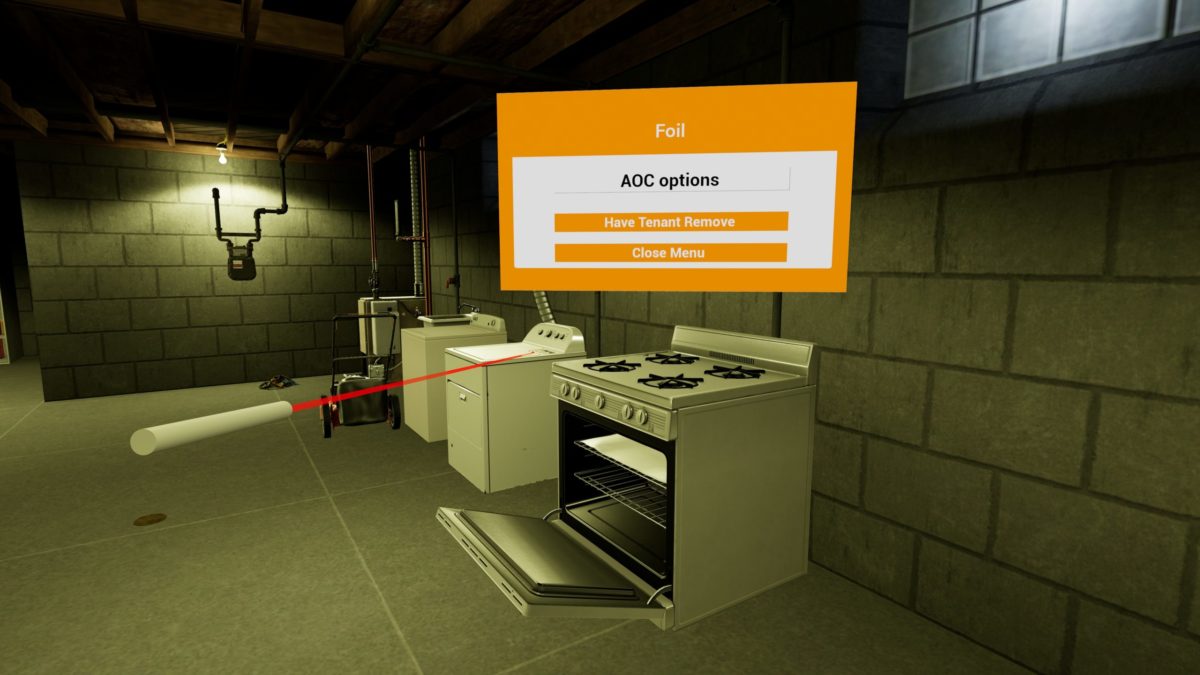
faster to train than in the classroom.
more confident to apply skills learned after training.
more emotionally connected to content than classroom learners.
more focused than their e-learning peers.
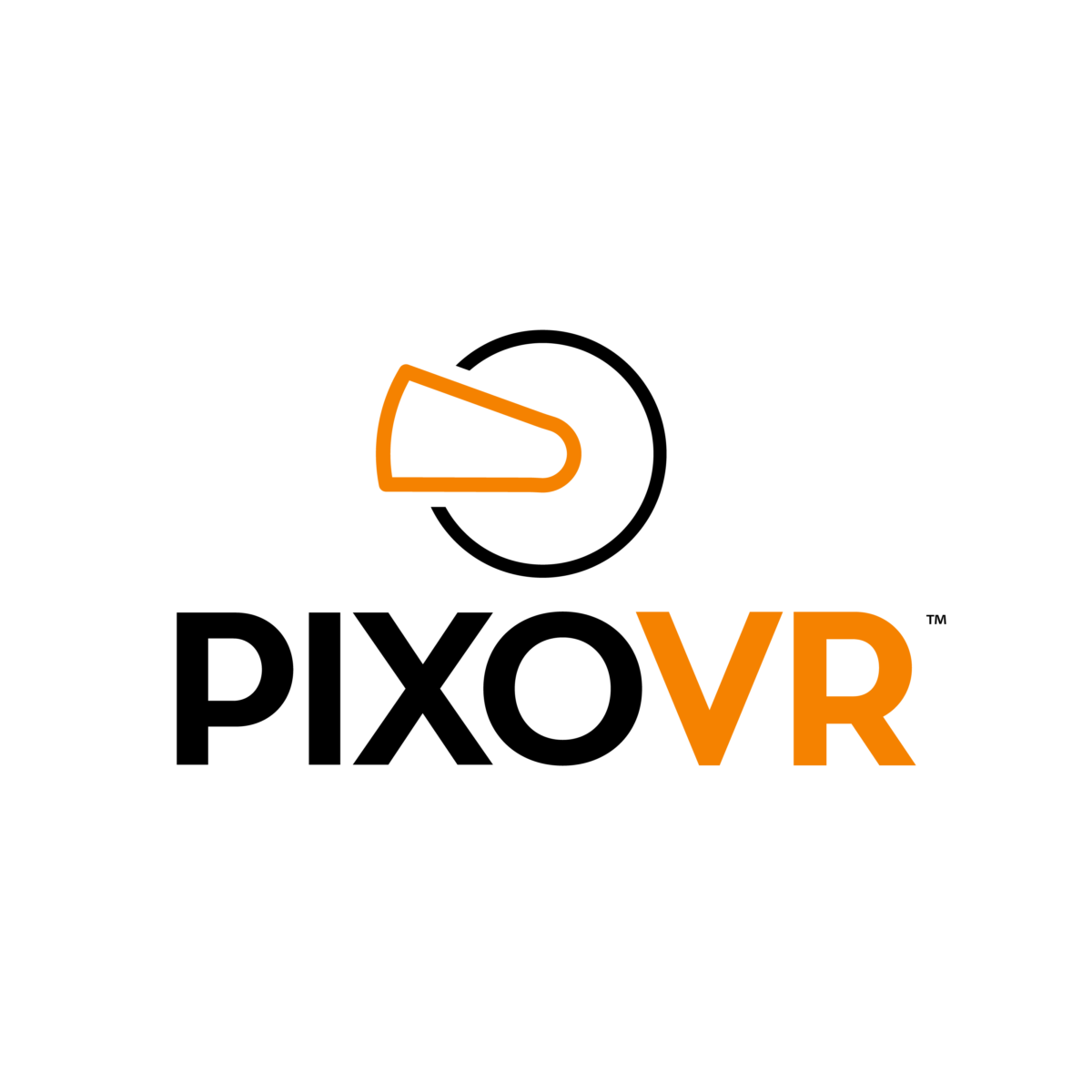
Enterprises are rapidly adopting virtual reality (VR) for their standard and customized training needs. The reasons include the need to overcome obstacles such as remote work, but also because of the proven effectiveness of the VR experience to train employees faster and more effectively. This is particularly important in industries like Construction, Manufacturing, and Energy & Utilities, where there is a significant skilled labor shortage.
Another commonality among these industries is that often the special equipment that employees need to learn to operate may not be easy to access, or they have production equipment that is expensive to shut down for training. These challenges make training a very costly effort, but one that is important to get right in order to train new and existing employees.
This is where virtual reality excels. Enterprises need a training solution that can bridge the skills gap by providing an immersive, interactive, real-world experience without real-world cost and risk. VR provides an immersive experience for learning hard skills that has been proven to be extremely effective at teaching the technology and procedures needed for successful operation. It also has been shown to reduce costs from travel, expensive equipment use, lowering safety incidents, and in helping to fill the skilled labor shortage.
| Cookie | Duration | Description |
|---|---|---|
| cookielawinfo-checkbox-analytics | 11 months | This cookie is set by GDPR Cookie Consent plugin. The cookie is used to store the user consent for the cookies in the category "Analytics". |
| cookielawinfo-checkbox-functional | 11 months | The cookie is set by GDPR cookie consent to record the user consent for the cookies in the category "Functional". |
| cookielawinfo-checkbox-necessary | 11 months | This cookie is set by GDPR Cookie Consent plugin. The cookies is used to store the user consent for the cookies in the category "Necessary". |
| cookielawinfo-checkbox-others | 11 months | This cookie is set by GDPR Cookie Consent plugin. The cookie is used to store the user consent for the cookies in the category "Other. |
| cookielawinfo-checkbox-performance | 11 months | This cookie is set by GDPR Cookie Consent plugin. The cookie is used to store the user consent for the cookies in the category "Performance". |
| viewed_cookie_policy | 11 months | The cookie is set by the GDPR Cookie Consent plugin and is used to store whether or not user has consented to the use of cookies. It does not store any personal data. |